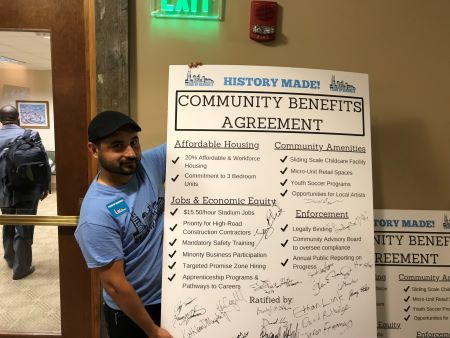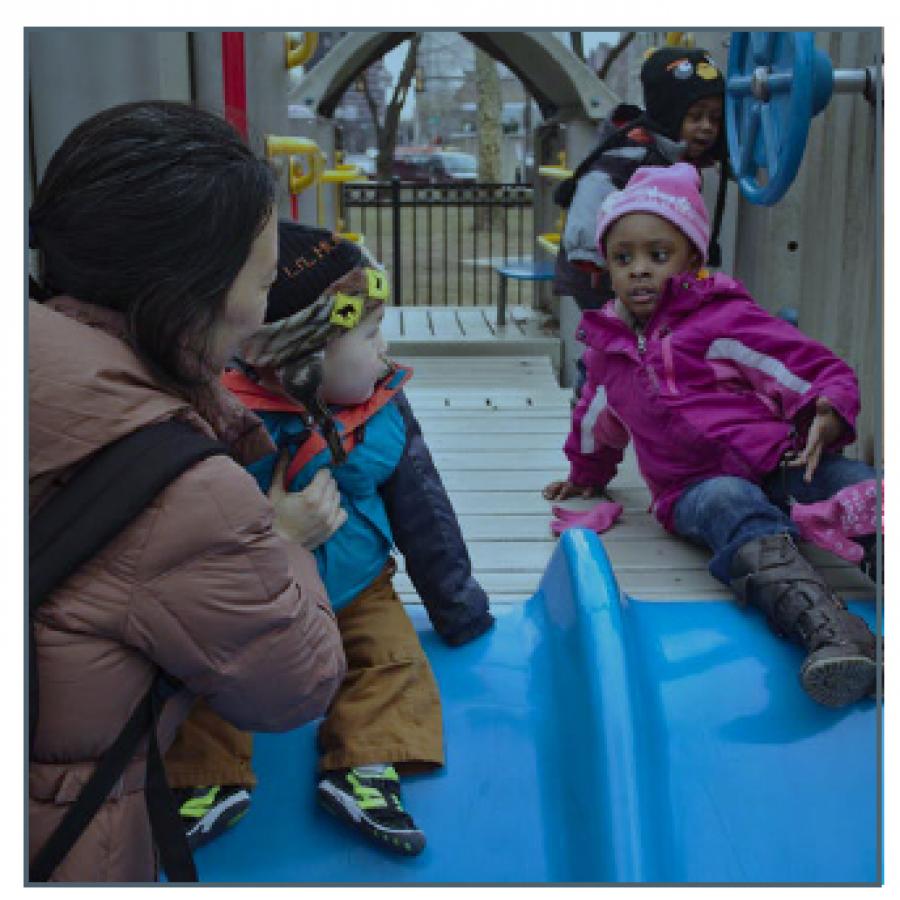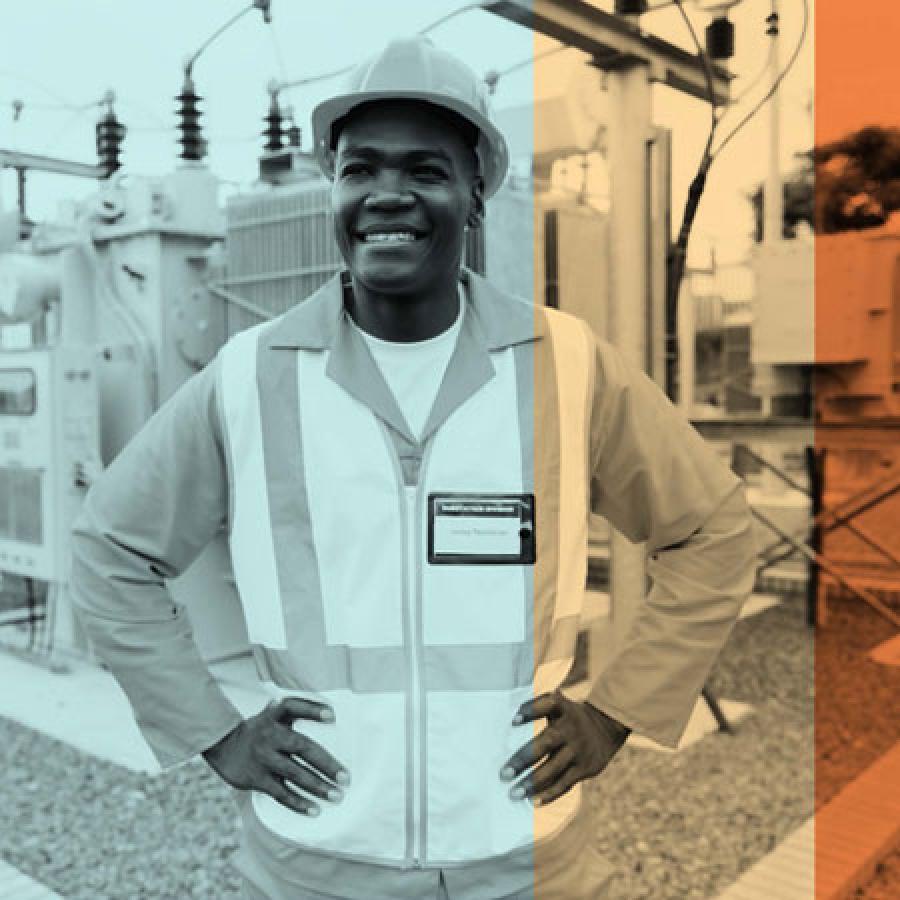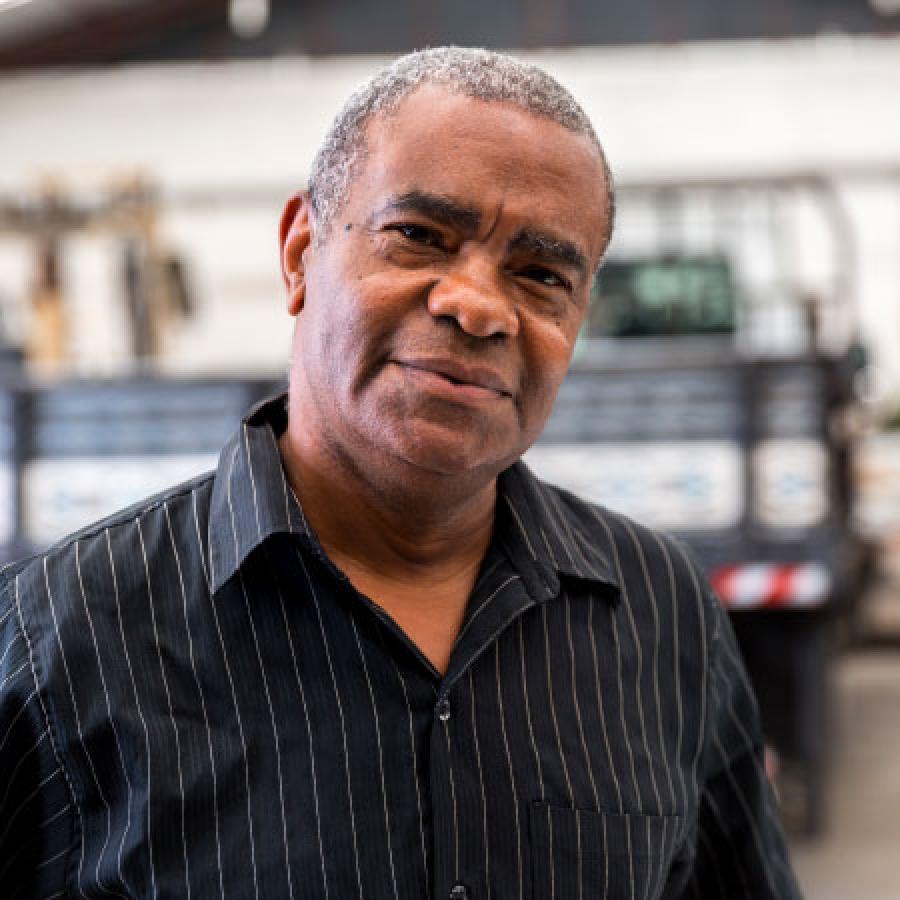Wages: Median: In an equitable economy, all workers would earn a living wage, without systematic differences by race and gender.
Insights & Analyses
- Nationally, the median hourly wage for workers aged 25 to 64 has remained relatively the same since 1990. However, median hourly wages have decreased for workers ages 18 to 24 and increased for workers ages 65 and older.
- The median hourly wage for white people ages 25 to 64 is $25 per hour compared to $20 per hour for people of color. Men ages 25 to 64 of all races and ethnicities have a median hourly wage of $25 while women’s median hourly wage is just $21. Latina women have the lowest median hourly wage at $17 per hour.
- White people with only high school diplomas have a similar median hourly wage as people of color with some college education or an associate degree at $19 per hour on average.
- At $41 per hour, Asian Americans with bachelor degrees or higher education levels have the highest median hourly wage out of all racial and ethnic groups for all levels of education.
Drivers of Inequity
Since the 1980s, our national economy has become increasingly polarized between high-wage, knowledge-economy jobs and low-wage service sector jobs, while the middle-wage jobs that have typically served as stepping stones into the middle class for workers without college degrees are disappearing. High-wage workers are seeing tremendous income gains while low-wage workers' wages have stagnated or declined. Racial and gender inequity is baked into earnings disparities as well since workers of color and female workers are segregated into the lowest-paid occupations and sectors.
Strategies
Grow an equitable economy: Policies to ensure living wages for all
- Raise the floor on low wage work by increasing the minimum wage or enacting living-wage laws, requiring paid sick days, ending wage theft, strengthening workers’ rights to organize, and ensuring fair scheduling.
- Target economic development and workforce efforts to grow high-opportunity sectors that provide pathways for people without four-year degrees.
- At the federal level, institute a federal jobs guarantee, dedicate 1 percent of infrastructure investments to a fund for inclusive job and contracting supports, enact a $15/hour minimum wage for all workers, require paid sick leave and family leave for all workers, and guarantee workers’ right to organize at scale.
Strategy in Action
Nashville negotiates historic community benefits agreement. In 2018, the Nashville-based community coalition, Stand Up Nashville, negotiated a community benefits agreement (CBA) to accompany a proposed soccer stadium. The CBA contains requirements for living-wage jobs, first-source hiring, affordable housing, a childcare center, and other community benefits. Nashville Mayor David Briley supported the campaign for the CBA, penning an open letter to the city expressing his support of the stadium in large part because it would have a CBA attached. Its passage marks the first CBA in Tennessee for a major government-led project. Read more.









